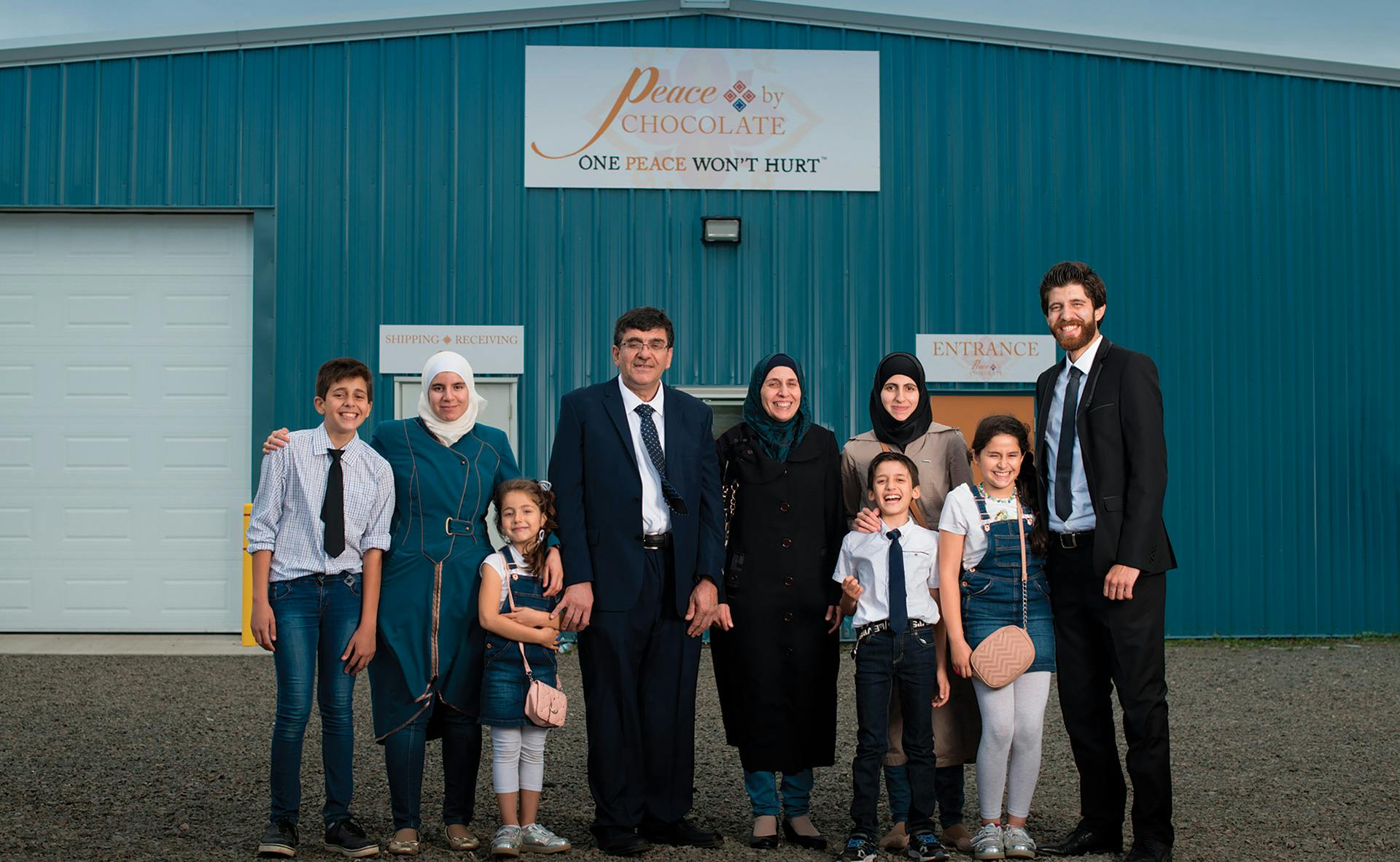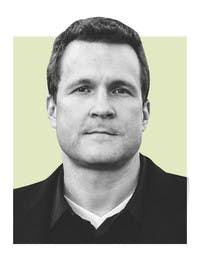Chobani yogurt's first order was shipped in October 2007. Long before that momentous occasion, the founder and CEO Hamdi Ulukaya had been selling feta cheese imported into the U.S. from his father back in their native Turkey. But he kept thinking about how much better the Greek-style yogurt he remembered tasted, compared to the thinner and sweeter American varieties. Ulukaya bought a yogurt factory that Kraft was closing in upstate New York, assembled workers and equipment, and even brought over a Turkish yogurt master to perfect the recipe.
Fast forward over a decade, and Chobani sells over $1 billion of yogurt annually. Beyond the entrepreneurial success story, Ulukaya and his company are known for their dedication to humanitarian causes. And he puts his money where his mouth is when it comes to his employees, advocating for and implementing higher wages and giving them 10 percent of his own stock in the company.
Considering his international background and humanist worldview, it's no surprise Ulukaya would channel a great deal of his personal wealth into the Tent Foundation, a nonprofit bringing its resources to bear on the refugee crisis. Tent isn't a traditional aid or relief organization. Instead, it focuses on the private sector, helping businesses understand the benefits of hiring and supporting refugees in tangible, sustainable ways beyond one-time donations. Tent helps these businesses work out opportunities for refugees to add value and become integral parts of the operation over time, with benefits that can be measured and tracked.
"We strongly encourage companies to make a commitment that relates to their core business, so it's not just philanthropy," says Gideon Maltz, the Tent Foundation's executive director. "If the effort can be linked to what the company does as a business—hiring refugees, bringing them into the supply chain—it's far more likely to make it sustainable and scalable over time." Tent collaborates with businesses to articulate concrete metrics and goals for refugee impact that are not unlike business plans—because that's exactly what they are.
With over 100 members and 200,000 refugees assisted across 34 countries, Tent is making a serious impact of its own. Some of the world's largest employers have joined up, notably Starbucks, who committed to hiring 10,000 refugees by the year 2022.
But some of the more compelling stories are smaller in scale. The Hadhad family's chocolate factory was bombed in the Syrian civil war, and the family fled, only to spend three years in a Lebanese refugee camp. Eventually making their way to Canada as refugees, they restarted the family business as Peace by Chocolate. The Tent Foundation worked with the Sobeys grocery chain to distribute their chocolate, with great success. So much success, in fact, that Peace by Chocolate has now itself become a partner in the Tent Foundation and made its own commitment—to hire 50 refugees by 2022 and mentor 10 refugee-led startups.
"For us, the most important stage is motivation," says Maltz. "That is, getting companies interested, making the business case that this is not just the good thing to do, but actually good for their business."












